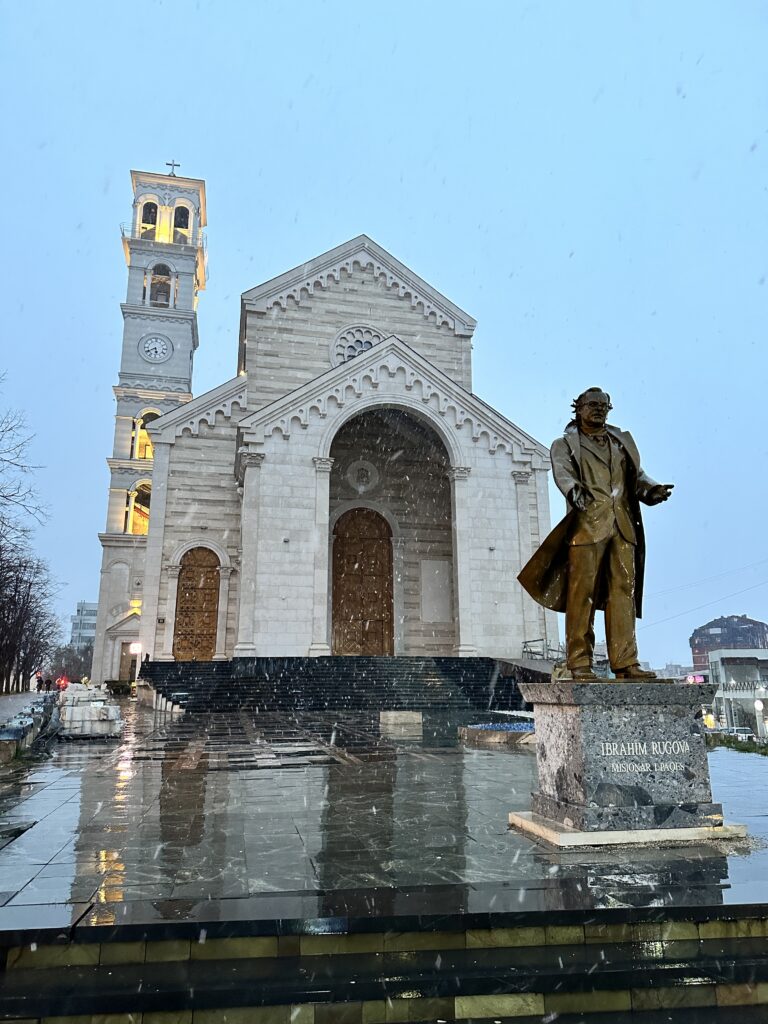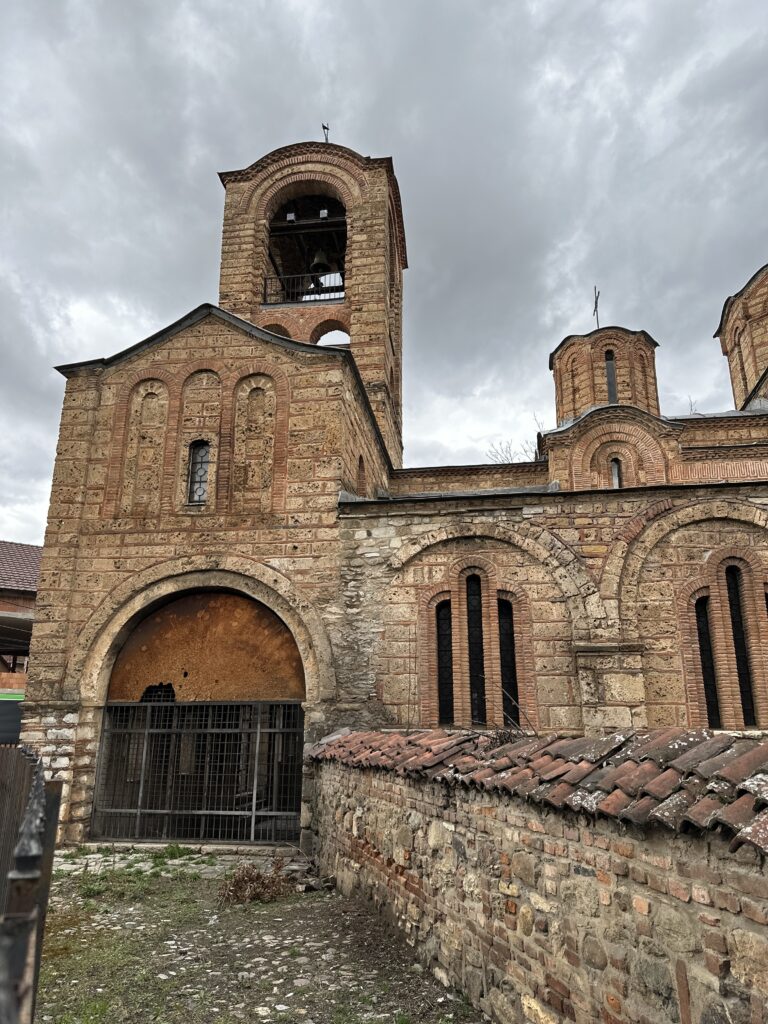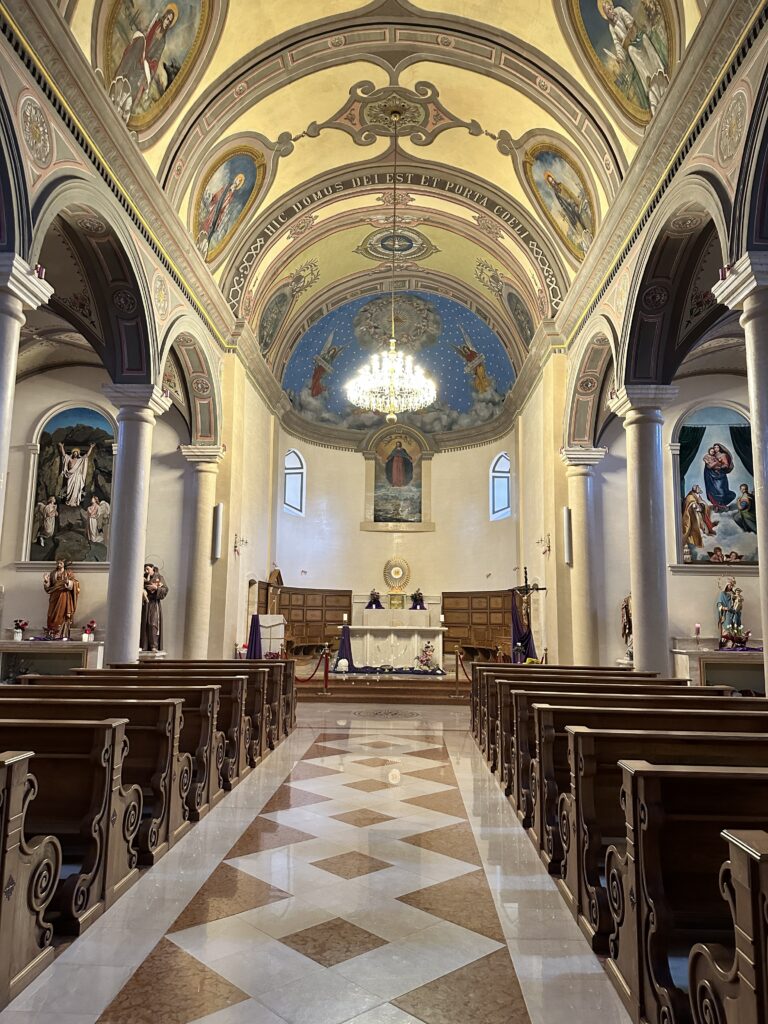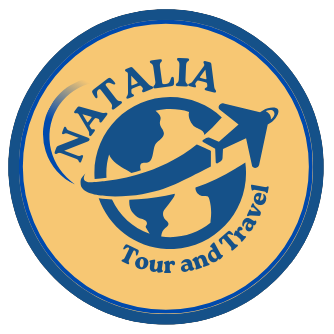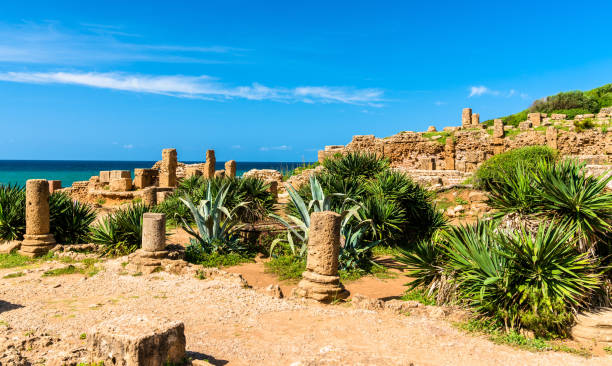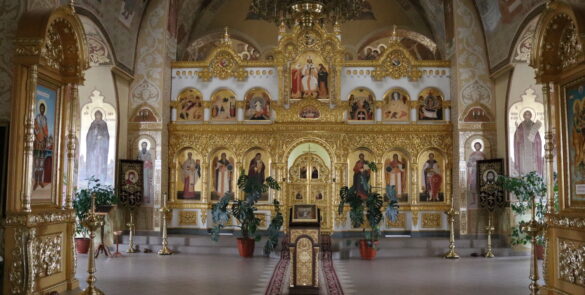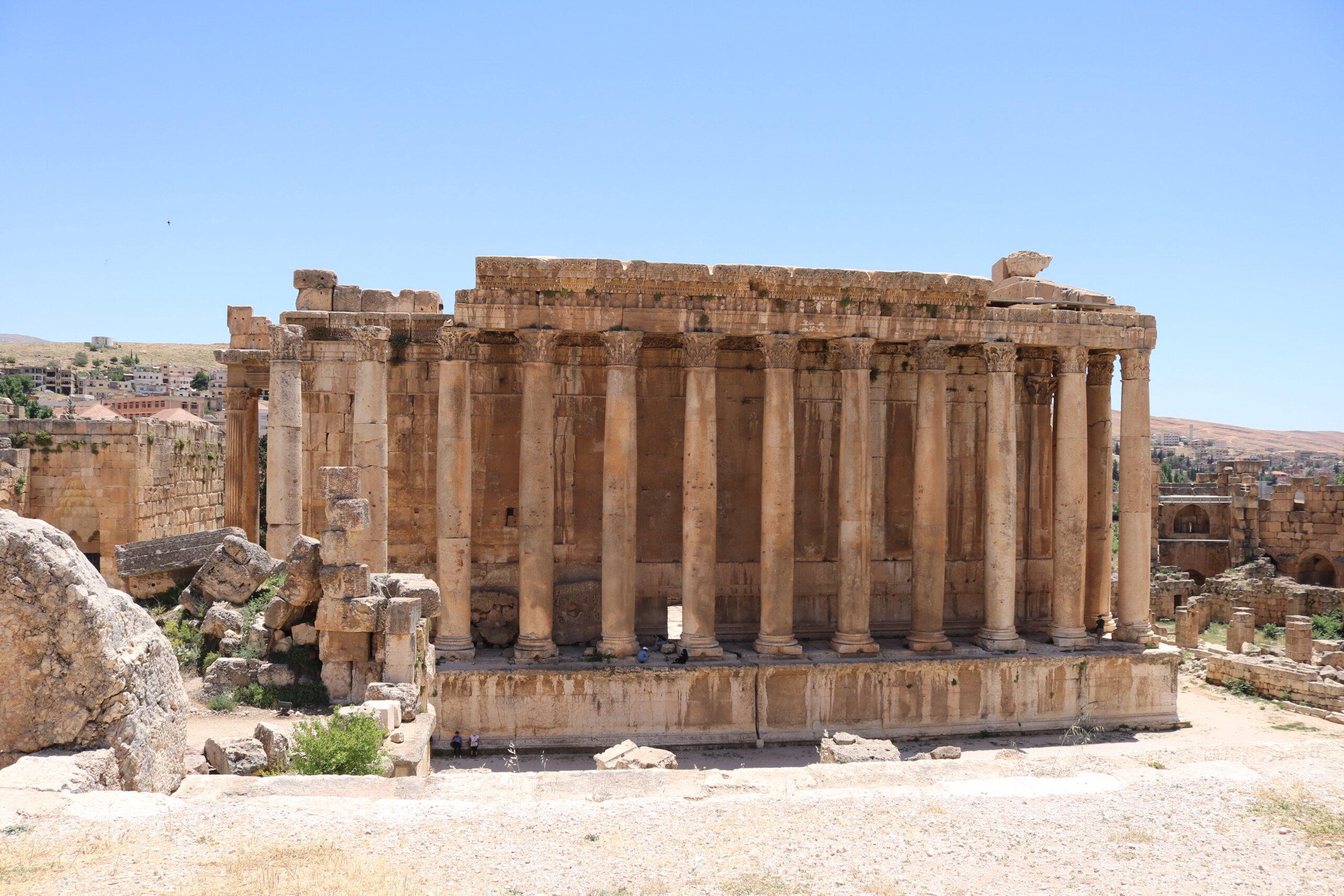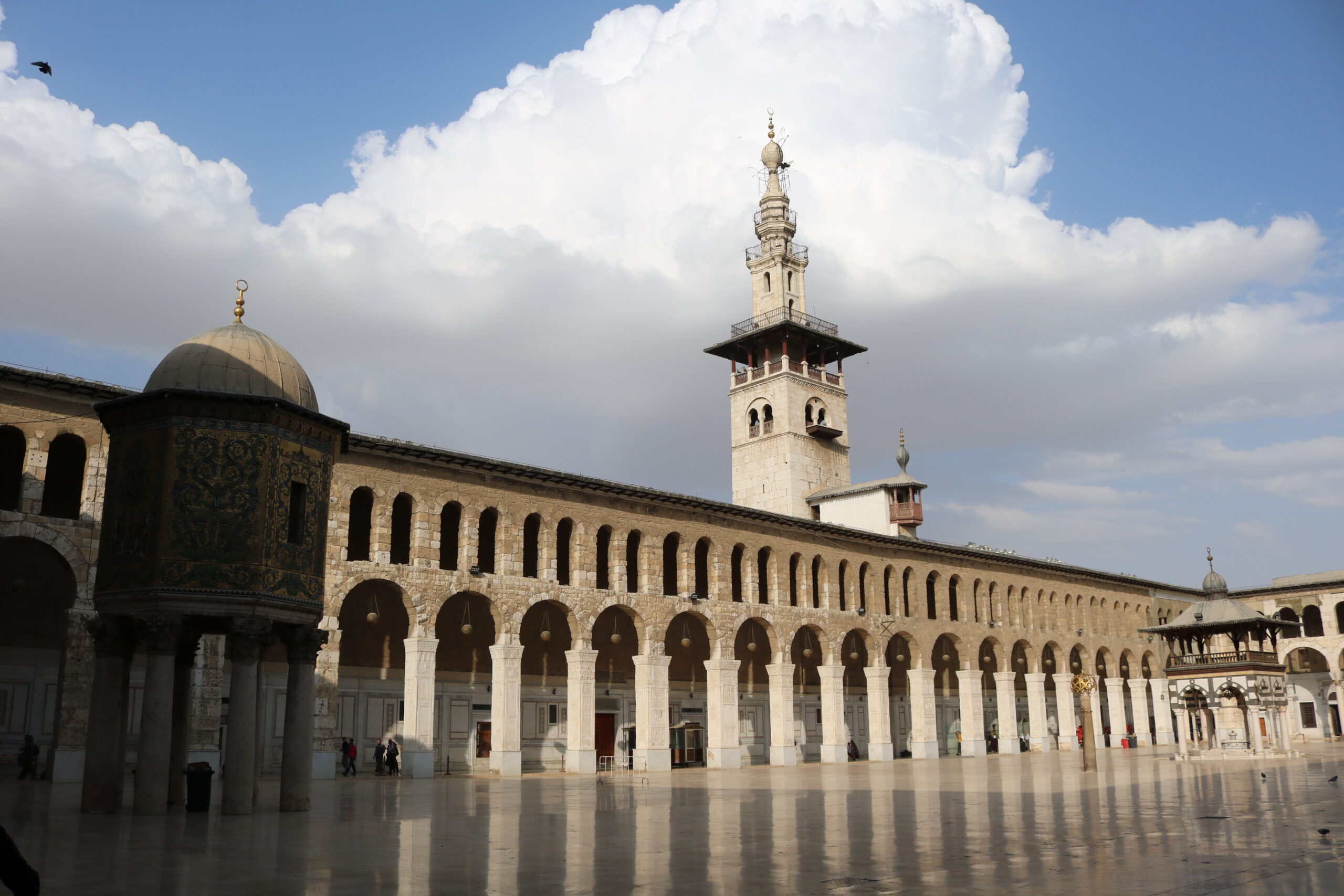Kosovo
Kosovo is a landlocked country located in the Balkan Peninsula in Southeast Europe. It declared independence from Serbia in 2008, a move that was recognized by a significant number of countries around the world, although Serbia and some other nations do not recognize it.
Economy: Kosovo’s economy is still developing, with agriculture, mining, and services being the primary sectors. Remittances from Kosovar diaspora communities play a significant role in the economy.
Politics: Kosovo is a parliamentary republic. Its political landscape is marked by ethnic divisions, with parties representing Albanian and Serbian communities, among others.
International Recognition: Kosovo’s independence is recognized by over 100 UN member states, including the United States and a majority of European Union member states. However, Serbia, Russia, China, and some other countries do not recognize it.
Challenges: Kosovo faces various challenges, including political and ethnic tensions, economic development, and issues related to corruption and organized crime.
It’s essential to note that the situation in Kosovo may have evolved since my last update, so it’s always a good idea to consult more recent sources for the latest information.
Quick facts
Capital: Pristina
Population: 1.9 million
Language: Albanian and Serbian are the official languages, with Albanian being the most widely spoken.
Area: 10,887km²
Ethnic Groups: The majority of the population is ethnically Albanian, with smaller communities of Serbs and other ethnic groups
Religion: Predominantly Muslim, with smaller communities of Christians, including Orthodox and Catholic
Visa
The visa policy of Kosovo allows nationals of many countries to enter without a visa for short stays. However, visa requirements may vary depending on the nationality of the traveler.
For citizens of countries requiring a visa, Kosovo offers different types of visas, including tourist visas, business visas, and visas for other specific purposes. These visas can typically be obtained through Kosovo’s diplomatic missions or consulates abroad.
Money
The official currency of Kosovo is the Euro (€), adopted unilaterally in 2002. Kosovo, being a partially recognized state, does not have its own currency and instead uses the Euro for all transactions.
When visiting Kosovo, it’s essential to ensure you have enough cash on hand, as credit and debit cards may not be accepted everywhere, especially in smaller establishments. ATMs are available in major cities and towns, where you can withdraw Euros using international credit or debit cards.
Is Kosovo safe?
Kosovo is generally considered safe for travelers, but it’s essential to be aware of certain considerations:
Crime: Kosovo has relatively low crime rates compared to many other European countries. However, petty crime such as pickpocketing and theft can occur, particularly in crowded tourist areas. Travelers should take common-sense precautions to safeguard their belongings and avoid displaying signs of wealth.
Political Situation: While Kosovo has made significant progress in establishing its institutions since declaring independence in 2008, political tensions and protests can occasionally occur. These protests are typically peaceful, but travelers should avoid large gatherings and demonstrations as a precaution.
Health and Infrastructure: Kosovo’s healthcare system is improving, but it may not meet the standards of Western European countries. Travelers should have comprehensive travel insurance that covers medical emergencies. Additionally, road conditions and driving standards may vary, so caution is advised when traveling by road.
Landmines: Certain areas near the border regions of Kosovo may still contain landmines and unexploded ordnance from past conflicts. Travelers should stay on well-used roads and paths and avoid venturing into remote areas without local guidance.
Travel Warnings: It’s advisable to check for any travel advisories or warnings issued by your government before planning a trip to Kosovo. These advisories may provide up-to-date information on safety and security concerns.
As with any destination, staying informed, exercising caution, and respecting local laws and customs are essential for a safe and enjoyable experience in Kosovo.
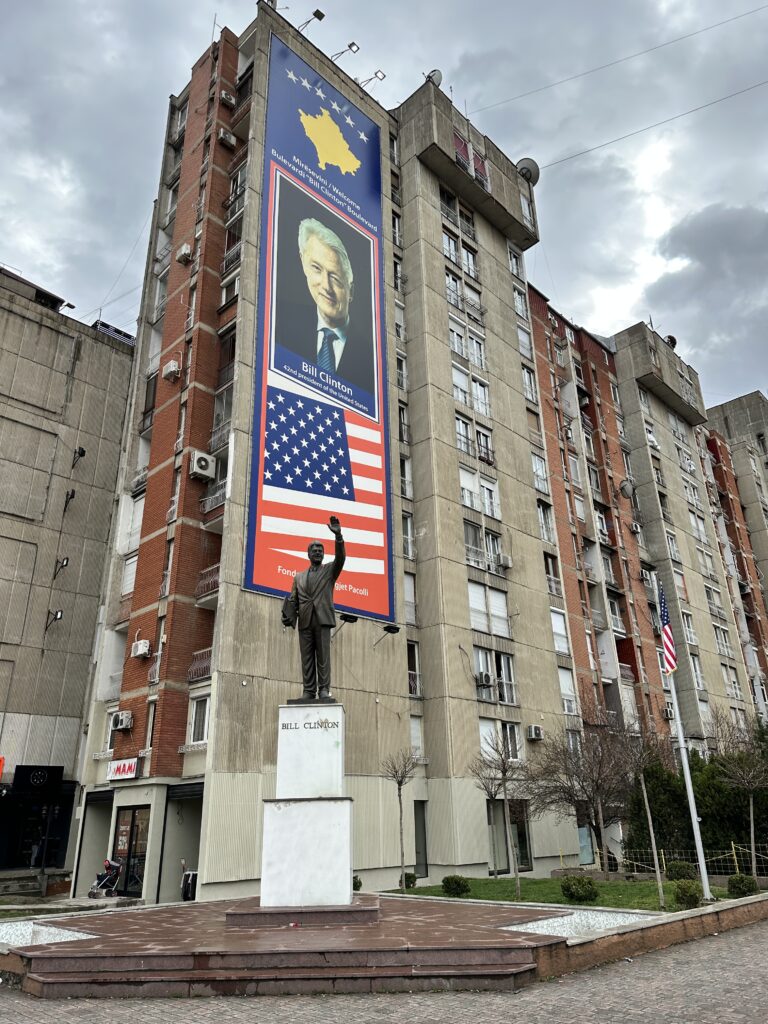
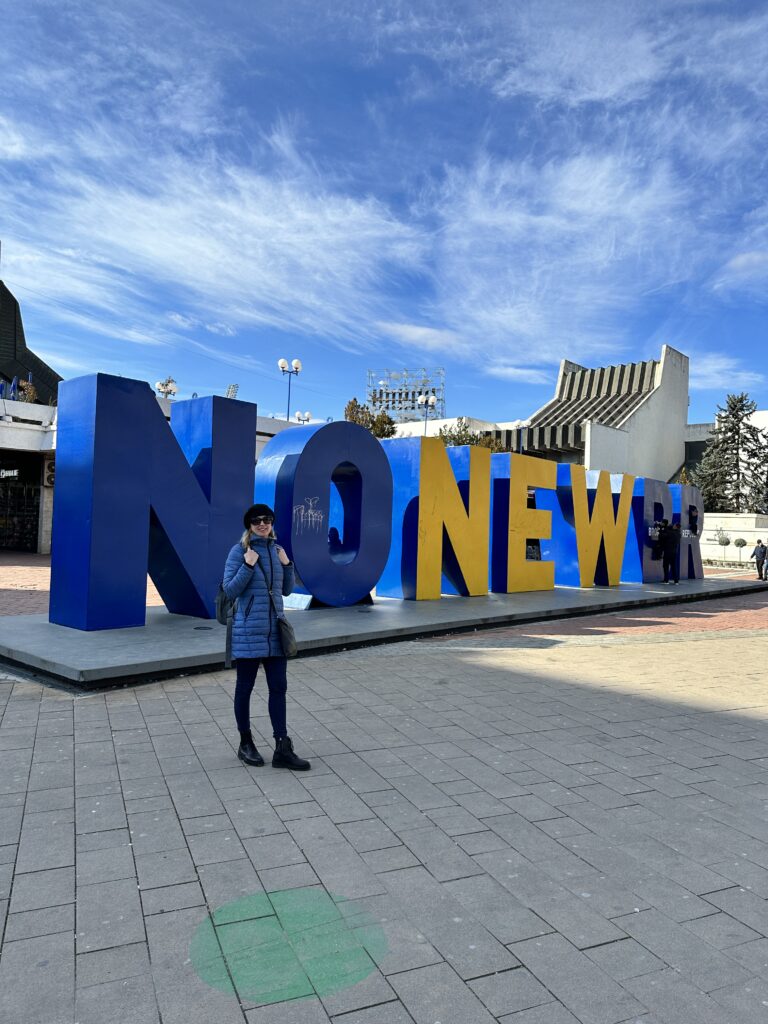
Must-see places in Kosovo
Kosovo offers a rich tapestry of cultural, historical, and natural attractions for visitors to explore. Here are some must-see places in Kosovo:
Prizren: Often referred to as the cultural capital of Kosovo, Prizren is a picturesque city with a well-preserved Ottoman old town. Visitors can explore historic mosques, churches, and the iconic Prizren Fortress, which offers panoramic views of the city.
Pristina: Kosovo’s capital city, Pristina, is a vibrant hub of culture and history. Highlights include the historic Kosovo Museum, the striking Mother Teresa Cathedral, and the bustling Newborn Monument, which commemorates Kosovo’s independence.
Gjakova: Gjakova is known for its well-preserved Ottoman architecture, bustling bazaar, and historic stone bridge. Visitors can also explore the 16th-century Hadum Mosque and the Ethnological Museum.
Decani Monastery: This UNESCO World Heritage site is renowned for its stunning medieval architecture and vibrant frescoes. The monastery is located near the town of Decan and is one of Kosovo’s most significant religious and cultural landmarks.
Rugova Gorge: Located near the city of Peja, Rugova Gorge is a breathtaking natural attraction characterized by towering cliffs, lush forests, and the crystal-clear Rugova River. Outdoor enthusiasts can enjoy hiking, rock climbing, and camping in this scenic area.
Gračanica Monastery: This medieval Serbian Orthodox monastery is renowned for its exquisite frescoes and architectural beauty. Located near Pristina, Gračanica Monastery is a UNESCO World Heritage site and an important cultural and religious landmark in Kosovo.
Mirusha Waterfalls: Nestled in the picturesque Mirusha Valley, these cascading waterfalls offer a tranquil escape into nature. Visitors can hike along the riverbank, swim in natural pools, and enjoy the scenic beauty of the surrounding landscape.
Bear Sanctuary Prishtina: Located just outside Pristina, this sanctuary provides a safe haven for rescued bears. Visitors can observe these majestic animals in their natural habitat and learn about conservation efforts in Kosovo.
These are just a few highlights of what Kosovo has to offer. Whether you’re interested in history, culture, nature, or outdoor adventures, Kosovo has something for every type of traveler to enjoy.
